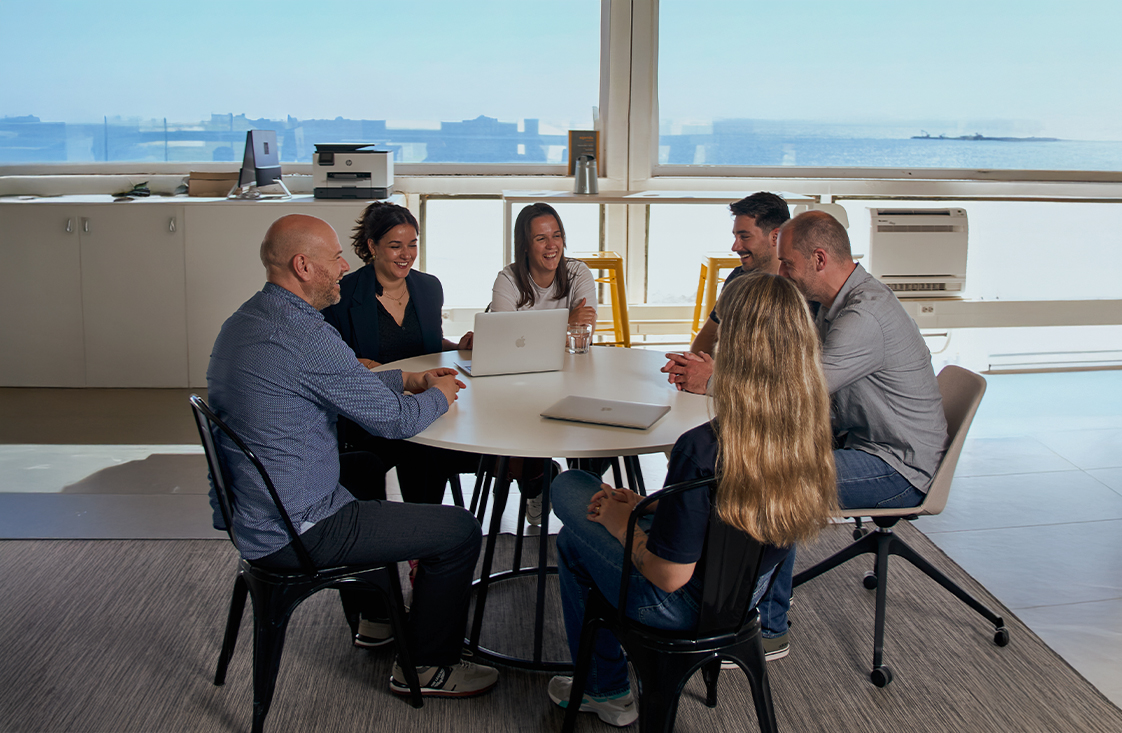
Recent studies show that psychosocial risks such as chronic stress, harassment, and excessive workload continue to affect workers in Portugal deeply. While some companies offer limited health insurance or superficial psychological support programs to cover up these gaps, others maintain an exploitative model disguised as efficiency.
The evidence is clear: investing in mental health is not a luxury—it is strategic intelligence. Studies show that long working days do not lead to higher productivity; on the contrary, southern European countries, including Portugal, are among the least productive in the OECD, despite recording some of the highest daily working hours averages. Companies that ignore this data may reduce costs in the short term, but in the long run, they risk losing talent, creativity, and innovation.
Good practices that go against this current begin with promoting work–life balance, active listening, diversity, and transparency—creating an environment where mental health is a priority, not an afterthought. Measures such as the four-day work week, already tested in Portugal with encouraging results, have shown gains in productivity and satisfaction without significant losses in output. Similarly, the growing presence of Chief Happiness Officers and Mental Health Allies in large organizations acts as a safeguard for well-being and culture, ensuring that corporate purpose does not drift away from human needs. These employees, often trained to recognize signs of exhaustion and provide first-line support, help build an internal network that complements professional services.
But the debate goes beyond roles and policies. Practical measures such as flexible schedules, mentoring programs, volunteering incentives, regular breaks from digital work, and even physical spaces that encourage disconnection and creativity are part of a new vision of leadership. These changes are not merely “perks” to attract talent—they are pillars of sustainability that ensure teams are more resilient, motivated, and innovative.
Organizations that succeed in aligning ethics, employee care, and social responsibility demonstrate that it is possible to deliver extraordinary results without sacrificing human well-being.
Portugal needs an open debate about these practices. It is time to question who really profits from employee exhaustion and to promote an organizational culture that values people as much as results. Mental health and productivity can go hand in hand—and this balance is now a key criterion for sustainable competitiveness.
